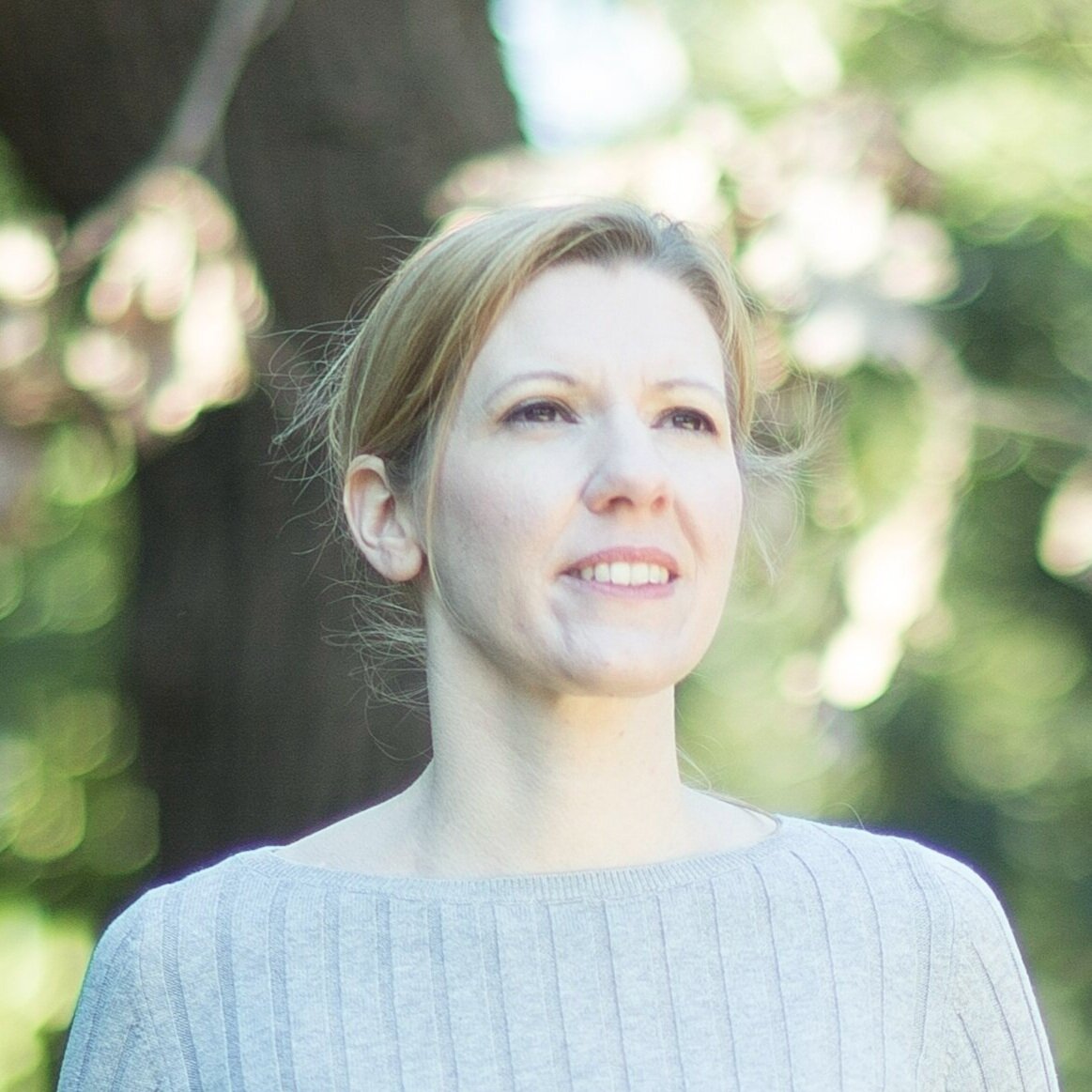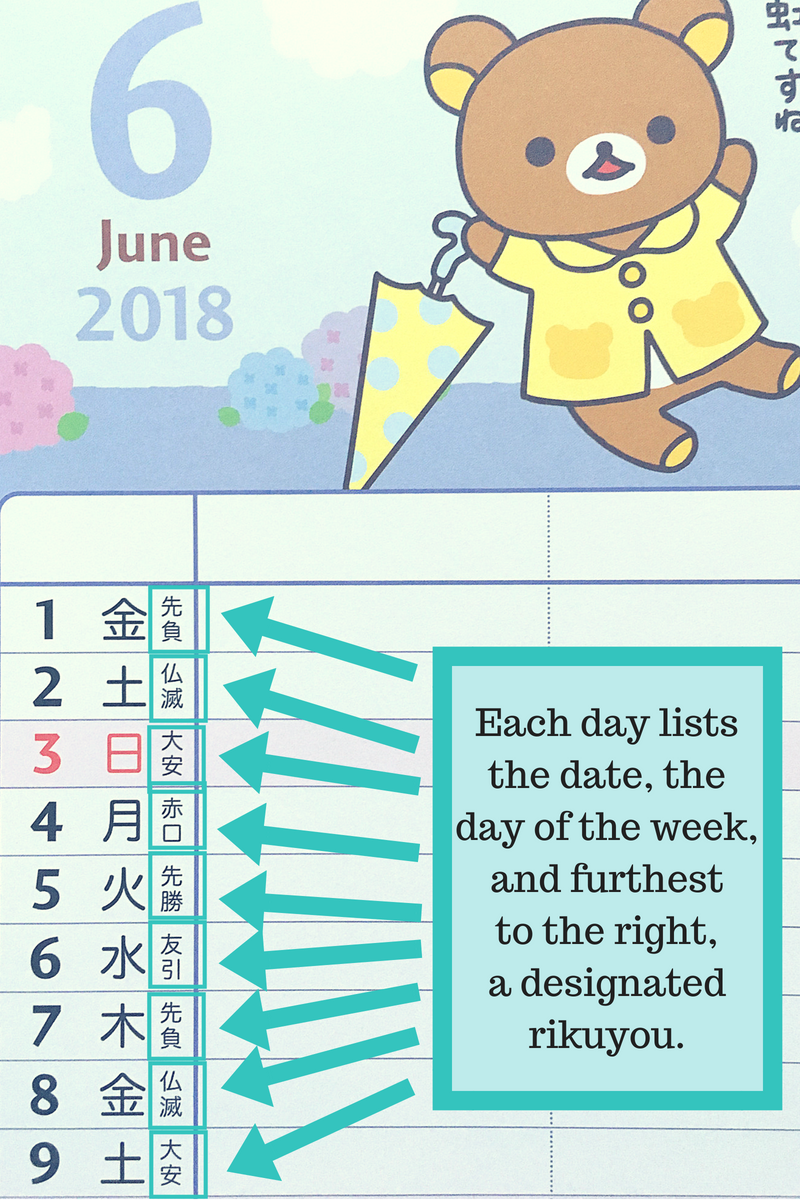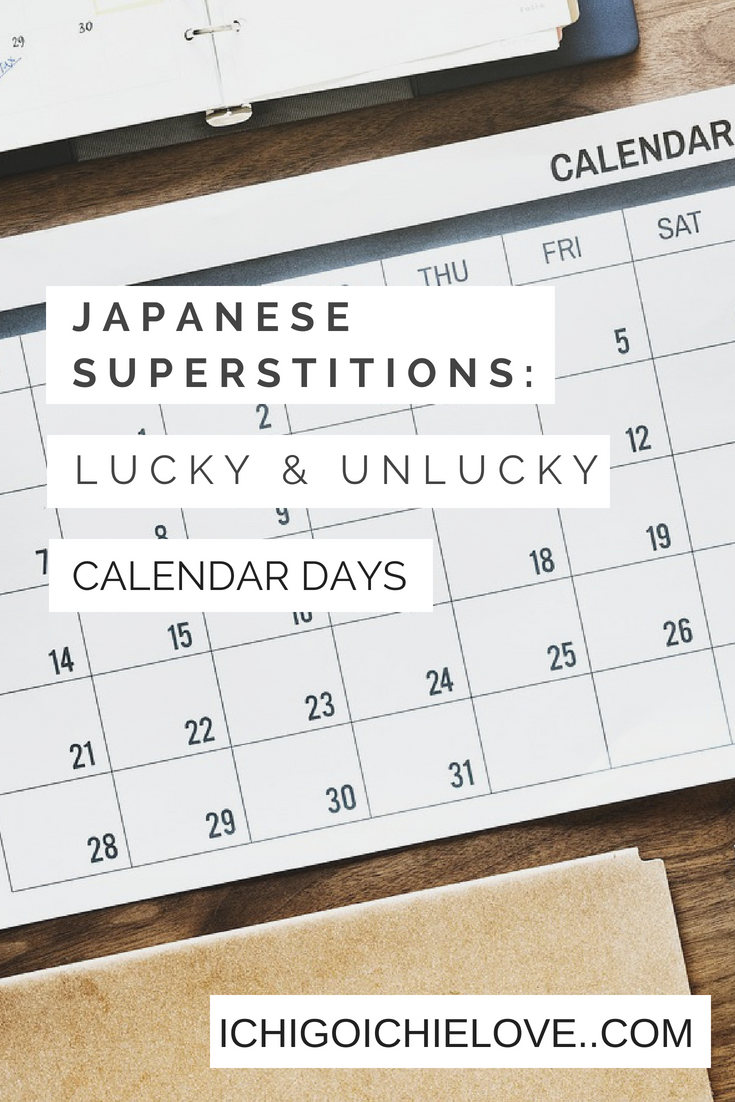Japanese Superstitions: Lucky and Unlucky Calendar Days
As with many cultures, the Japanese were (and in some cases, still are) a superstitious bunch. While you won’t find much evidence of it in daily life, when it comes to special events — especially the planning of them — the force of superstition remains strong. Even so, you won't see anyone fearing Friday the 13th (unless we're talking about the movie) and black cats are safe from prejudiced pedestrians.
Rikuyou / Rokuyou — Days that Dictate Daily Life
Rikuyou (六曜 — literally six days / it can also be read as rokuyou) are six special days in the traditional Japanese calendar that indicate whether a particular day is lucky or unlucky for certain events or tasks. Originally adopted from China, it’s something older generations will often check before making any major decisions or planning important events. Here’s an example of what a calendar page may look like:
Yes, I have a Rilakkuma calendar, what of it? That man in a bear suit is hella cute.
Every day of the year has one of these six special days dedicated to it. Also, the days that these lucky and unlucky days fall on changes every year, so if November 10 was super auspicious last year, there’s a high chance it won’t be this year.
Tomobiki — 友引
This day promises good luck in the morning and evening, with some bad luck around midday. It’s a great day for celebratory events like weddings good day for celebratory events, but it’s best to avoid legal battles and funerals. Since the characters literally mean friend and pull (away, apart), some people assume that it may not be a good day for personal relationships, but that doesn’t seem to be the case. It does seem that it’s not the best day for a tug-of-war.
Sensho / Senkachi — 先勝
True to this day’s name (the characters mean ahead/before and win respectively), the good luck hits in the morning, with some bad luck forecasted for the afternoon. (Maybe this was the old way of beating procrastination — you have to get everything done before noon or it’ll all go to hell.) The morning is especially good for attending to urgent matters and filing lawsuits. Also, if you’re hankering for a winning lottery ticket, you’d better get it before noon.
Sakimake / Senbu — 先負
The opposite of senkachi above, this day promises bad luck in the morning and good luck in the afternoon. It’s best to avoid competitions or matches today — just try to keep the peace. (Given that the characters mean ahead/before and loss, it seems like a good rule to follow.)
Butsumetsu — 仏滅
Well, we’ve all had days like this — where everything goes wrong and there’s no good in sight. It may well have been a butsumetsu (it means Buddha’s death) day! Stay indoors and don’t do anything, because no good will come of it. This day is cursed AF. Just kidding, it’s not quite that bad, but it is generally an unlucky day. You can plan funerals and legal matters on this day all you like, but avoid planning anything fun and celebratory at all costs.
Taian — 大安
This is your lucky day! (And everyone else’s, too.) This is the day to book your wedding or to move house. Some people do avoid doing any legal matters on this day, but everything else is sure to go swimmingly.
Fun fact: YJ and I had our wedding on a Taian day. While I’m not superstitious, I figured it can’t hurt to have a little extra good luck on the side. Having said that, the morning of the ceremony we were absolutely pelted down with heavy rain. …And it didn’t stop until right after the ceremony ended. I was not impressed. My father-in-law tried to comfort me with another superstition: if it rains on your wedding day, the rest of your marriage will be all sunshine and rainbows. (I’m paraphrasing and totally not on board with this.)
Shakku / Shakko
For our sixth and final day, this day offers good luck around noon, with some bad luck in the morning and again in the evening. Disasters (natural and other) are more likely to happen on this day. (I feel like I should reiterate this is a superstition and not fact. I have no data to confirm the truth of this statement.) If you’re using a knife on this day, be extra vigilant and careful.
Summary of the Lucky and Unlucky Days
I've made a list of the six days, starting with the luckiest and ending in the unluckiest (by my calculations):
Lucky and Unlucky Almanac Tools
And there we have it — a summary of lucky and unlucky calendar days and everything in between in the ancient Japanese almanac. If you want to find out if your special day or a day you’re planning a big event is unlucky or not, you can use this handy Rikuyo calculator — it specifically finds Taian days! (Japanese only) Hardcore users can check the same information for the old almanac (the date written below).
Hardcore users can also check the equivalent old lunar calendar day to the modern date.
If you want to read more about Japanese superstitions, check out a couple of pieces I wrote for Tokyo Weekender:
Japanese Superstitions — Dating and Relationships
Japanese Superstitions — Falling in Love
How superstitious are you?







